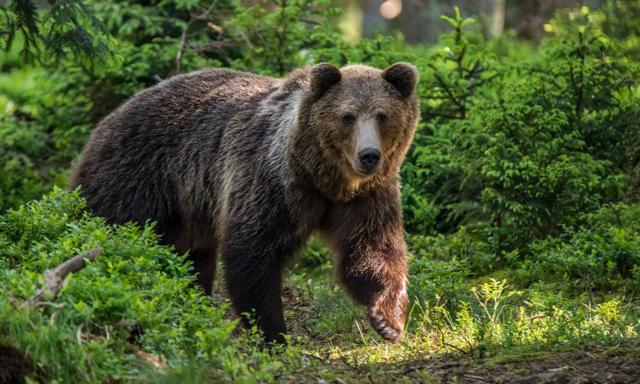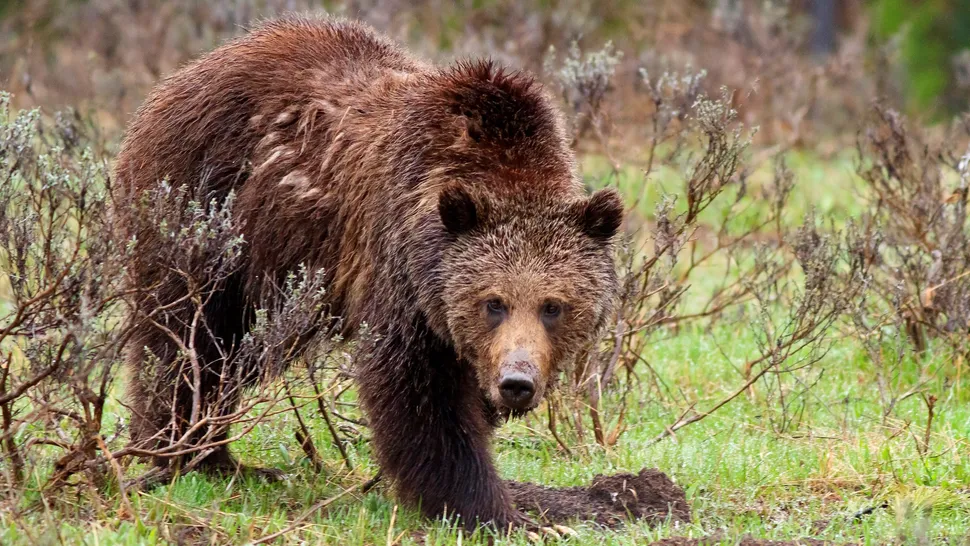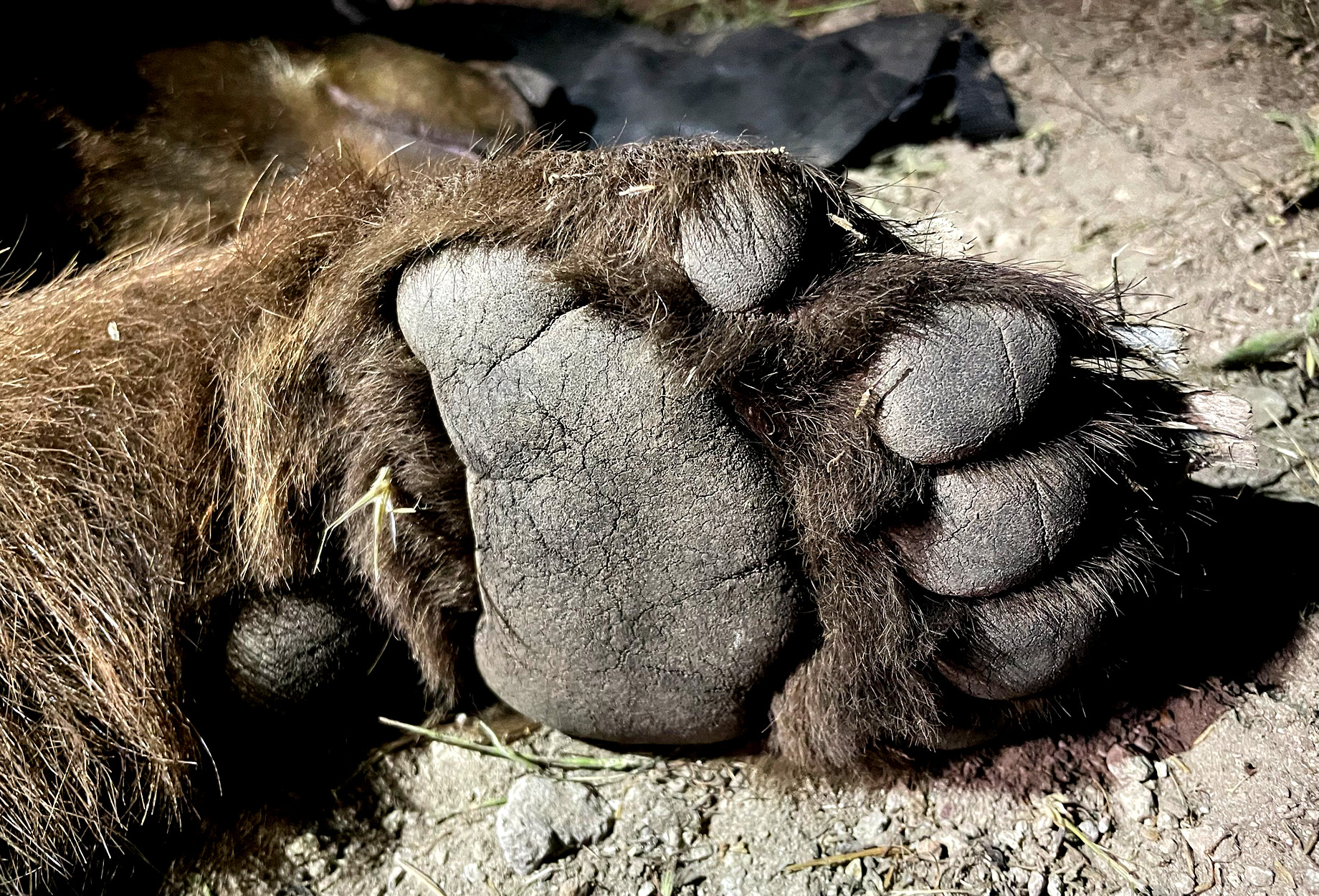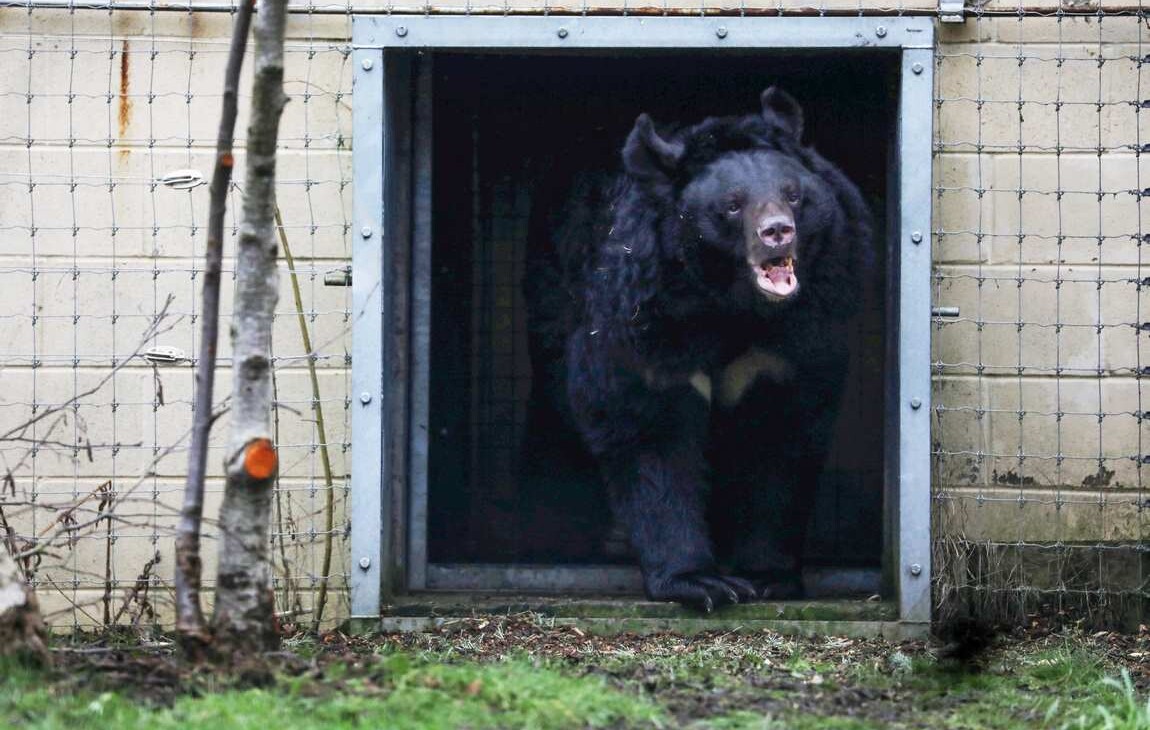In a recent incident in a town in northern Slovakia, the deployment of drone technology played a pivotal role in addressing a potentially dangerous situation. The brown bear, responsible for injuring five individuals during a rampage in Liptovský Mikuláš, was identified and killed by an armed patrol late Tuesday, according to the country’s environment ministry.
The bear‘s rampage left a trail of injuries, necessitating hospital treatment for two individuals, while three others sustained cuts and bruises. Amid escalating concerns, local authorities turned to innovative solutions, harnessing drone technology to track down the elusive animal. High-resolution photographs and videos captured by drones were analyzed using specialized biometric software, enabling authorities to pinpoint the bear responsible for the attacks accurately.
This incident marks the maiden use of such technology in addressing wildlife-related threats in Slovakia. The successful deployment of drones underscores the potential of modern tools in wildlife management and public safety initiatives.
The bear’s behavior, captured in viral videos as he made his way through the town’s streets, instigated a state of emergency in Liptovský Mikuláš. With the situation escalating, armed emergency patrols were dispatched to contain the threat, while drone surveillance played a crucial role in tracking the bear’s movements.
Efforts to locate and neutralize the bear persisted in the aftermath of the attacks, with teams utilizing drones equipped with advanced cameras and thermal imaging equipment. These measures were deemed essential as the bear’s presence posed a significant risk to public safety.
The incident reignited debates regarding wildlife management and Conservation policies in Slovakia. Calls for reconsideration of the brown bear’s status on the country’s endangered species list have emerged, with proponents advocating for selective culling to mitigate potential risks posed by an increasing bear population.
This article by Trinity Sparke was first published by One Green Planet on 31 March 2024. Image Credit : Lubos Chlubny/Shutterstock.
What you can do
Help to save wildlife by donating as little as $1 – It only takes a minute.







Leave a Reply